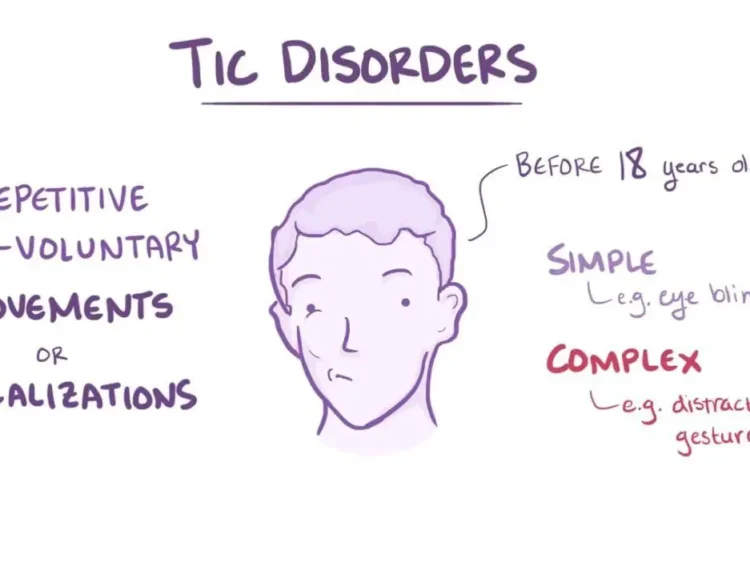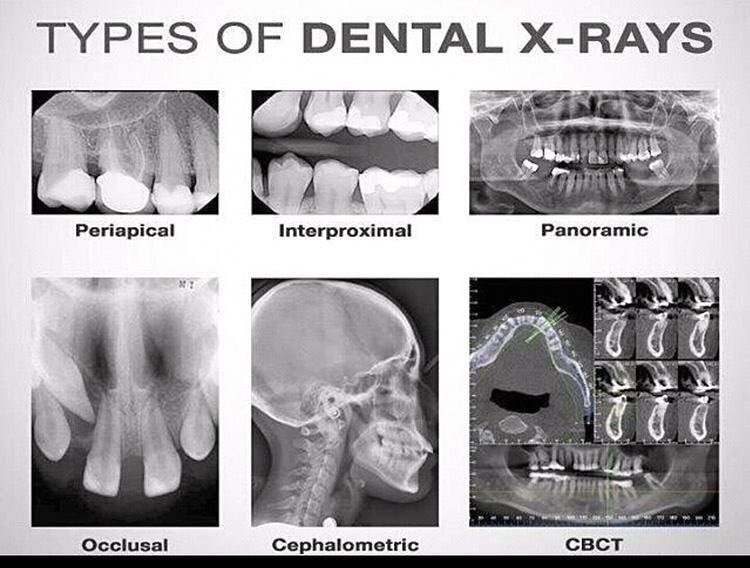Toothache can be caused by a wide range of dental and sometimes non-dental issues.
Tooth Decay
Dental cavities may initially cause mild pain or sensitivity, especially to sweet, hot, or cold foods, but can escalate to a throbbing pain if the decay progresses to the nerve.
Dental Abscess
An abscess is a pocket of pus that forms due to a bacterial infection, occurring when decay or tauma reaches the pulp, causing infection. Abscess pain is severe, constant, and may radiate to the jaw, ear, or neck. Swelling, fever, and sensitivity to pressure are common signs.
Gum (Periodontal) Diseases
Bacteria accumulation around the gums causes gingivitis (early-stage gum disease) and periodontitis (advanced gum disease). It can lead to tooth sensitivity, pain when chewing, swollen or bleeding gums, and, in advanced cases, loose teeth.
Cracked Tooth
Teeth can crack or fracture due to trauma, grinding, or biting hard objects. Cracked tooth poses great difficulty in diagnosis for the dentist. Even small fractures allow bacteria to penetrate, irritating the pulp. Pain is generally sharp and occurs when biting down or when the tooth is exposed to temperature changes. Deep fractures may cause continuous pain.
Tooth Grinding
Grinding or clenching teeth, during sleep, puts excessive pressure on teeth, wearing down enamel and straining the supporting tissues. Tooth pain from grinding is diffuse and may be accompanied by jaw pain, headaches, and sore muscles in the face or neck.
Impacted Wisdom Teeth
When wisdom teeth are unable to erupt properly or become impacted, they put pressure on surrounding teeth or create gum inflammation. Pain occurs at the back of the mouth, may cause swelling, and can radiate to nearby teeth and the jaw. Mouth opening and chewing becomes very painful.
Tooth Hypersensitivity
Hypersensitivity results from exposed dentin, which occurs when enamel erodes, leaving the inner layer (dentin) vulnerable. Sharp, quick pain triggered by hot, cold, sweet, or acidic foods and drinks, typically resolving when the trigger is removed.
Sinus Infection (Sinusitis)
The upper back teeth are close to the sinuses, so a sinus infection can cause pressure or pain that feels like a toothache. Pain is dull, affects multiple upper teeth, and may worsen when bending over. Other sinusitis symptoms like nasal congestion and headache are usually present.
Heart Referred Pain
In rare cases, heart issues like angina or a heart attack can cause referred pain to the jaw or teeth. Pain may be accompanied by chest pain, shortness of breath, or nausea. It is important to seek medical attention if tooth or jaw pain occurs with these symptoms.







